▲ Click the blue “Aiyuke Badminton Network” to follow
A professional and interesting badminton platform in China
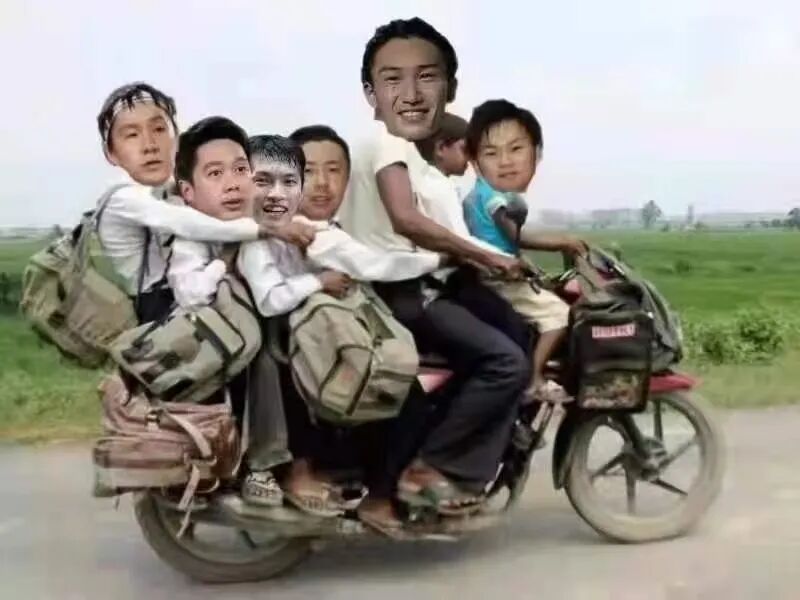
The badminton events at the Tokyo Olympics concluded on August 2, with the Chinese team winning 2 golds and 4 silvers, continuing to rank at the top. Here, we will analyze the surprises and regrets of this Olympics from a psychological perspective.
What is the so-called curse?
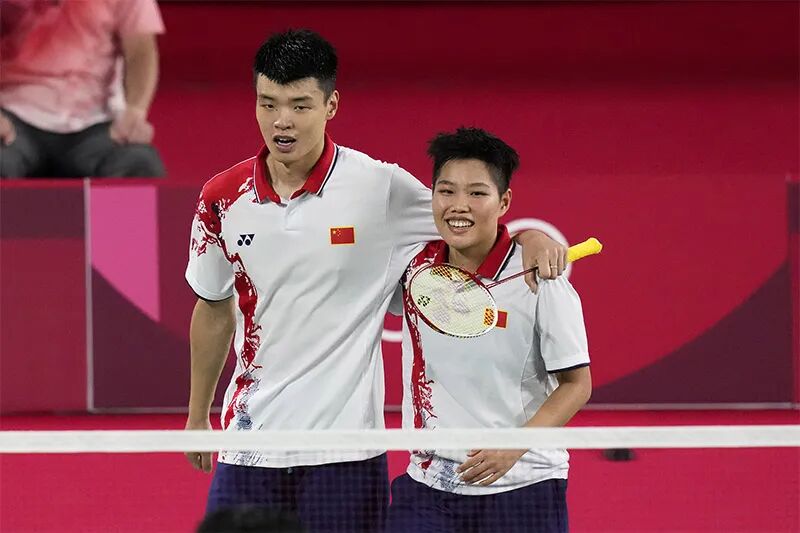
The title of “Eternal Runner-Up” has been around since the era of Lin Dan and Bao Chunlai, with Xu Chen/Ma Jin often finishing second to Zhang Nan/Zhao Yunlei. In recent years, although the mixed doubles have had a double insurance with Wang Yilyu/Huang Dongping, they have consistently been overshadowed by their teammates Zheng Siwei/Huang Yaqiong. As the “runner-up,” the memories of being overshadowed cannot be easily erased.
To break the curse, one must rely on a strong inner self and a fighting spirit. In the mixed doubles final, although Huang Dongping displayed her usual defensive weaknesses, which the YAS combination exploited, the Huang Ya combination’s performance in the deciding game was unprecedented, demonstrating that their belief indeed brought out confidence and an astonishing competitive state.
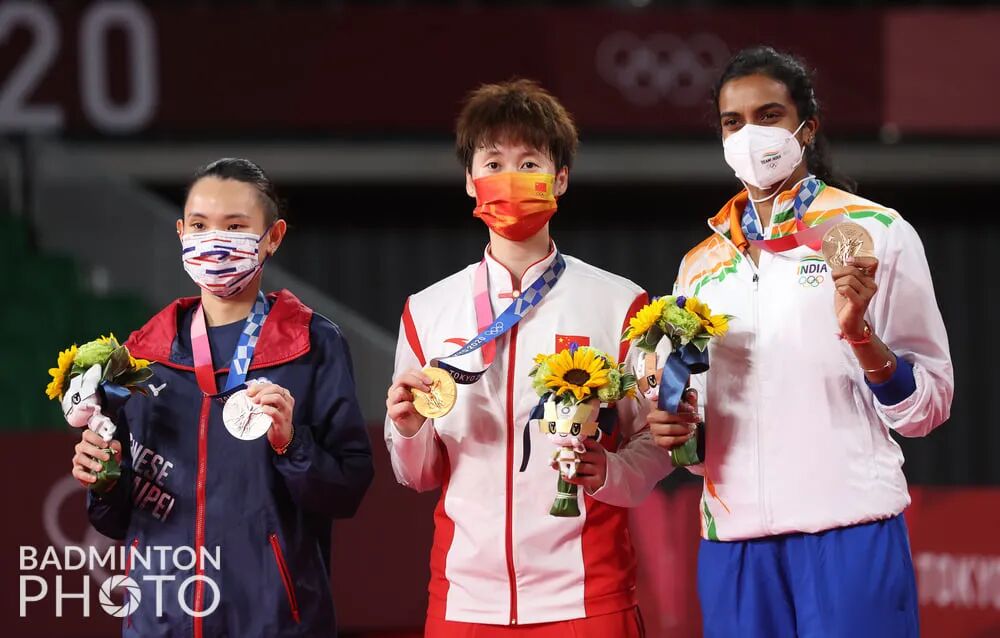
Similarly, Dai Ziying also broke her curse. After being stunned by Indah during the quarterfinals, she awakened in the second half of the second game and ultimately achieved a comeback, breaking the curse of not reaching the semifinals in world competitions. While others thought Dai Ziying would lose again, and that the wealthy Sindhu would eventually make a comeback, Dai Ziying firmly abandoned her usual high-risk feints, prioritizing speed and trajectory over rhythm, and ultimately reached the finals. Although she narrowly lost to the better-performing Chen Yufei in the finals, it can be said that she has indeed broken her past curse.
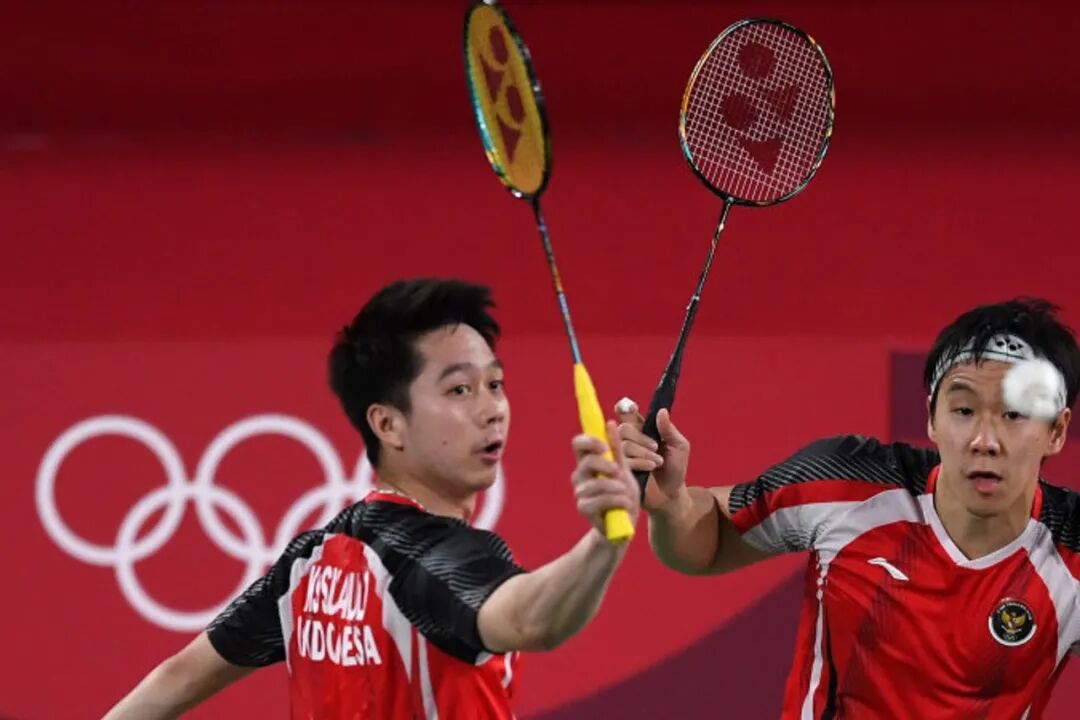
In contrast, Sukamulyo consistently disappoints, challenging his own tolerance limits. In the group stage, if the strategy was to win just one game and let Li Yang/Wang Qilin go, then his performance in the quarterfinals firmly labeled him as “not having done enough homework before the match.” It is evident that the Malaysian duo Soh Wooi Yik/Xie Dingfeng had prepared well for them, while Sukamulyo was careless and lost the game. The so-called curse, in my opinion, is more about the athlete’s ability to execute tactics and the determination to abandon established play styles. Wang Yilyu/Huang Dongping and Dai Ziying broke through, while Sukamulyo fell short, and this is the crux of the matter.
Belief and Method
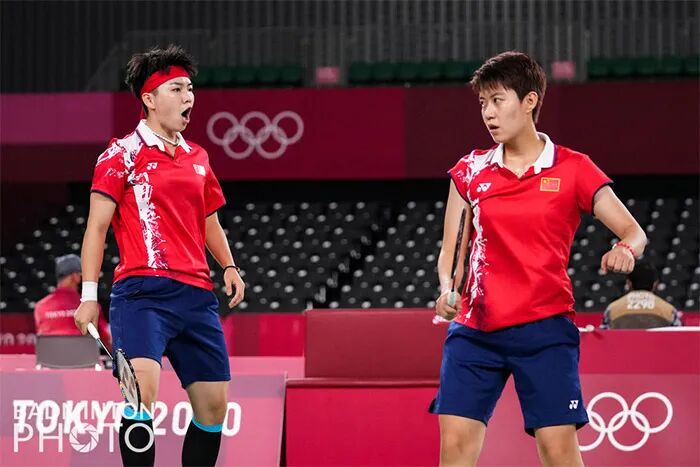
Chen Qingchen/Jia Yifan and Du Yue/Li Yinhui lost to the same pair, the dark horse duo from Indonesia, Polii/Rahayu.
Despite both losing, fans were more dissatisfied with Du Yue/Li Yinhui. I believe we need to be objective. First, regarding Chen Qingchen/Jia Yifan, Chen Qingchen is a player who relies on belief to win, and she is a positive girl who believes that hard work can change fate. For those who are struggling or just starting to learn badminton, Chen Qingchen is an idol they can look up to without needing to watch out. However, based on the score data, they lost more severely than Du Yue/Li Yinhui. How is that possible?
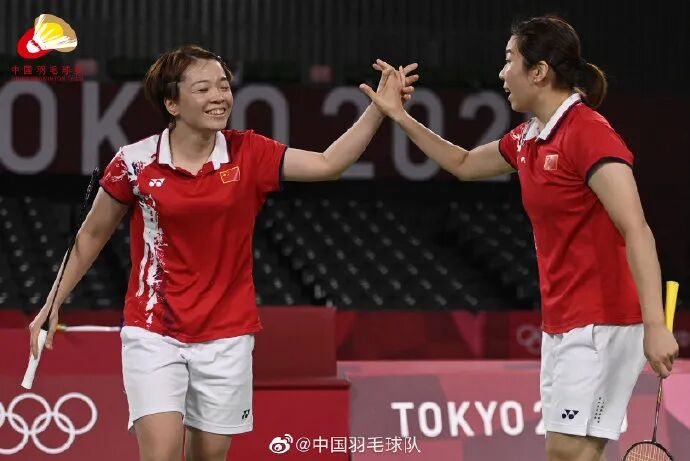
As an old fan, I cannot help but admire Chen Qingchen’s ability and awareness. The pair relies more on Jia Yifan’s single-point attack to excel, while Chen Qingchen’s backcourt play does not contribute to scoring. As one of the few left-right combinations in women’s doubles, they cannot effectively attack and block straight lines. Jia Yifan can kill diagonally, but Chen Qingchen cannot guarantee to intercept the ball trajectory with her left-handed partner. Thus, the question arises: against the more physically dominant Japanese and Korean combinations, Fanchen has a slight advantage, needing only to accelerate and rely on strength. However, the Indonesian players are better at disrupting continuity, rendering their so-called advantage null.
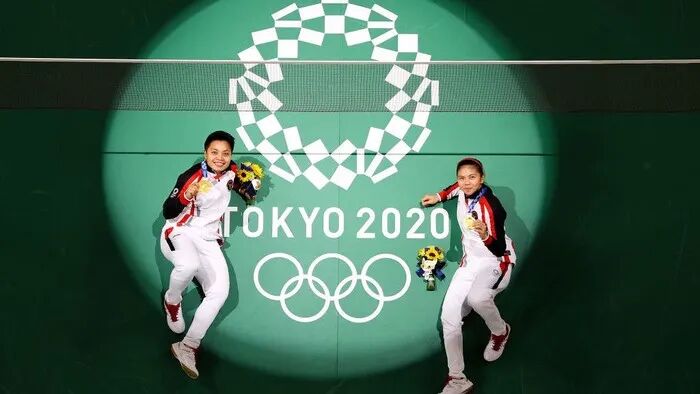
Especially in the second game, a fan asked Jia Yifan why she did not attack. In fact, it was not that she did not want to attack, but that she was afraid. Once Jia Yifan attacked, the Indonesian players would counterattack over her head, and Chen Qingchen did not have the height to intercept with her forehand, leaving her in a dilemma.
In contrast, Du Yue/Li Yinhui, while playing with more method, are better at using leverage to handle complex situations, but they also lack the belief to solve problems with speed.
To be honest, I believe Du Yue/Li Yinhui might be better suited to develop within the Indonesian team. They are not the type to solve problems with speed and strength, yet they lack the Indonesian team’s ability to face pressure with a smile. Or rather, they need the kind of innate confidence that Sukamulyo and Dai Ziying possess to support their play style. They play with a traditional Chinese women’s doubles diligence while lacking the relaxed approach of the Indonesian team, resulting in a disjointed performance.
Reviewing the third game, Li and Du surprisingly struggled with the acceleration attack they are not good at, which was undoubtedly a trap against the Indonesian team that excels at using finesse. In terms of ability, while Li and Du are not inferior to Fanchen, they lack the belief and perseverance in accelerated attack and defense situations. To break through themselves, Li and Du may need to solidify their foundational attack and defense skills and find their own balance between relaxation and tension.
Expressing and Releasing Oneself
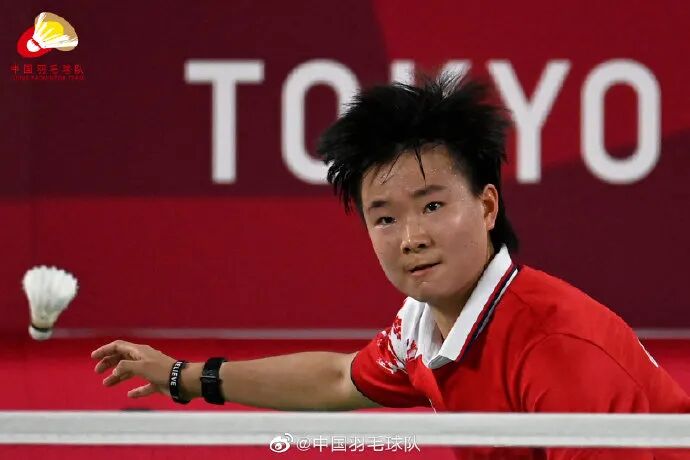
Let’s go back to the women’s singles semifinals at the 2018 Nanjing World Championships, where He Bingjiao faced Marin. During the deciding game, He Bingjiao complained that “the audience is very noisy.” Some fans might agree with Coach Xia, thinking that she has been competing for a long time and that complaining about the noise affecting her performance is an excuse; otherwise, she should just not compete.
However, I believe He Bingjiao is facing pressure but does not know how to express herself or release her stress. I have always recognized He Bingjiao and feel a bit sorry for her. I admire her talent and ability, but I pity her inability to express herself. As she grew up, she became very competitive with herself. Look, after Zhang Beiwen was injured, she even cried and said she wanted to finish the match with her opponent. What a kind person she is; winning or losing is not her primary concern.
Since Ye’s departure from the Jiangsu team, they have not had the habit of letting the ball go, especially after Wang Shixian was eliminated last time. After breaking through Akane Yamaguchi, He Bingjiao indeed contributed a wonderful and genuine women’s singles semifinal. However, when facing Sindhu, she still faced the old problem of not believing in herself after making mistakes, insisting on repeating the same attempts, as if she could not forgive her past technical errors, leading to a vicious cycle.
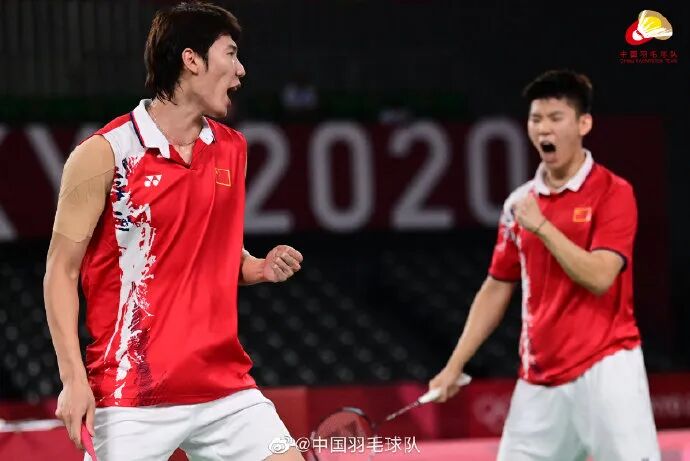
Another player who cannot express himself is Li Junhui. Whenever he is behind, under pressure, or when the opponent scores from him, he always remains silent, never sharing his weaknesses or grievances with his partner. The so-called “performing well when in form, but going silent when not” stems from his reluctance to share. Even though he is also a kind person who does not want to burden his partner with his stress, it ultimately harms himself.
Time flies, and another Olympic cycle has passed. My first submission to Aiyuke was exactly five years ago during the Rio Olympics.
Over the past five years, I have watched legends like Lin Dan, Nasir, and Boe/Morgensen retire, while new stars like Zheng Siwei and Chen Yufei have risen. I have also seen 31-year-old Chen Long, 34-year-old Polii, 37/35-year-old Hendra Setiawan/Mohammad Ahsan, and 35-year-old Koden continue to fight for their dreams. The feelings of surprise, regret, and emotion are surely intertwined in the hearts of every badminton fan.
As another Olympic cycle ends, I wonder if you are still the same badminton-loving youth as before? I hope the veterans have no regrets, and that more new stars shine brightly. The pandemic is still rampant, and the greatest regret this year is missing the retirement ceremony of my idol, Hendra Setiawan. Health is paramount; I hope everyone takes care!

If you find this interesting, please click here↓